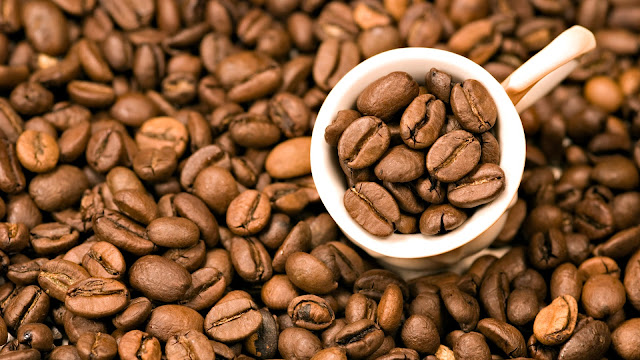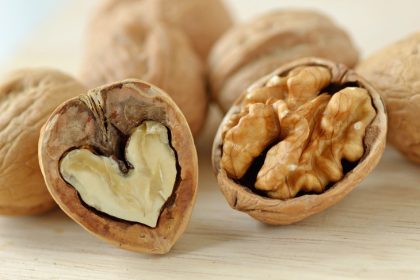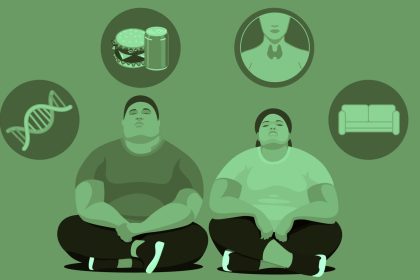|
Audioplayer
Getting your Trinity Audio player ready...
|
Coffee and tea are among the most popular beverages worldwide and contain substantial amounts of caffeine, making caffeine the most widely consumed psychoactive agent. Chemically, caffeine is a methylxanthine, which belongs to a larger group of substances called alkaloids, found in nature. A variety of plants contain caffeine in their seeds, fruits, and leaves; mainly, as a defense mechanism, being efficient against pathogens and predators due to their toxicity.
Coffee and tea have been consumed for hundreds of years and have become an important part of cultural traditions and social life. In addition, people use coffee beverages to increase wakefulness and work productivity. For a typical serving, the caffeine content is highest in coffee, energy drinks, and caffeine tablets; intermediate in tea; and lowest in soft drinks. In the United States, 85% of adults consume caffeine daily, and average caffeine intake is 135 mg per day, which is equivalent to about 1.5 standard cups of coffee. Coffee is the predominant source of caffeine ingested by adults, whereas soft drinks and energy drinks are more important sources of caffeine ingested by adolescents.
After we drink a cup of coffee, caffeine absorption is nearly complete within 45 minutes after ingestion. Caffeine spreads throughout the body and it reaches the brain. In the liver, caffeine is metabolized by a very specific enzyme. Caffeine lingers in our body typically for 2.5 to 4.5 hours but is subject to large variation from one person to another. The activity of caffeine-metabolizing enzymes is partly inherited. Persons with genetically determined slower caffeine metabolism are more prone to its toxicity.
Caffeine have a plethora of effects in our bodies. In the brain, it increases mental performance and vigilance owing to greater alertness, contributes to insomnia and induces anxiety (particularly at high doses and in susceptible persons). In the kidneys, high doses of caffeine can have a diuretic effect, increasing urination and potentially leading to dehydration. In the cardiovascular system, it increases blood pressure, making coffee a less desirable substance for people with hypertension and cessation can have excellent benefits in your blood pressure readings. In the endocrine system, caffeine reduces skeletal-muscle insulin sensitivity; therefore, increasing your risk for diabetes. Finally in pregnant women, it may reduce fetal growth and increase the risk of pregnancy loss.
Side effects of caffeine at very high levels of intake include anxiety, palpitations, restlessness, nervousness, dysphoria, insomnia, excitement, psychomotor agitation, and rambling flow of thought and speech. Toxic effects are estimated to occur with intakes of 1.2 g or higher, and a dose of 10 to 14 g is thought to be fatal. Caffeine can also be synthesized and is added to foods and beverages, including soft drinks, energy drinks, and energy shots. Caffeine poisoning from consumption of traditional sources of caffeine such as coffee and tea is rare because a very large amount (75 to 100 standard cups of coffee) would have to be consumed in a short time for the dose to be fatal. Caffeine-related deaths have generally been due to very high doses of caffeine from tablets or supplements in powdered or energy drinks, mostly in athletes or patients with psychiatric disorders. High consumption of energy drinks, (containing 320 mg of caffeine), resulted in adverse short-term cardiovascular effects (increased blood pressure, heart rhythm problems, and palpitations) in several studies.
In summary, excess consumption of caffeine can have deleterious effects to our health. The best thing we could do, is to significantly decrease the amount of caffeinated drinks daily. Remember to check labels of commercially prepared beverages before drinking them to make sure caffeine is not added. Decaf coffee or herbal teas are great alternatives to get rid of this toxic addiction.
Source: N Engl J Med 2020;383:369-78.






